Key Takeaways:
- Google’s latest advancements in AI were showcased at the annual Google I/O developer conference, particularly the next point updates to the Gemini AI models. The fashion industry can expect potential benefits including simplified image search, advanced chatbots/agents, condensing email threads, executing complex tasks like e-commerce returns, and more.
- OpenAI also unveiled a new model, alongside a revised mobile app and new desktop application – with notable changes in the speed of voice and video interaction that could reframe the use of AI chatbots in retail and customer service contexts.
- Sportswear brand Reebok is the latest to use AI to enhance customer experiences, enabling users to create personalised sneakers inspired by their own images. By leaning into using AI to allow their customers to have a more personal and creative experience, brands can strengthen customer connections and drive sales in today’s competitive retail landscape.
As another week rolled by, it was – again – impossible to avoid AI in the news cycle. It’s just everywhere, inescapable; from Big Tech to the biggest brands, it seems that nobody is going to be finished talking about AI any time soon.
AI was, unsurprisingly, a major theme of the annual Google I/O developer conference on the 14th of May, where the event focused heavily on Google’s Gemini AI models. Many of the updates will affect the fashion industry, from creative professionals to those in more administrative type jobs too. The first major one: Google’s new “Ask Photos” feature that will make searching for photos, or details contained in photos, that much easier. The Gemini AI model will scan through your photos and pull up what you are looking for, based on your request. In a demonstration, CEO Sundar Pichai wanted to find his licence plate number, and Gemini promptly provided the number along with a corresponding image, allowing him to verify its accuracy. This will be potentially helpful for fashion designers or marketing professionals who work with hundreds of images and who might remember a particular detail but don’t have the time to sift through hundreds of images… provided of course that they’re comfortable allowing Google to archive and search those images.
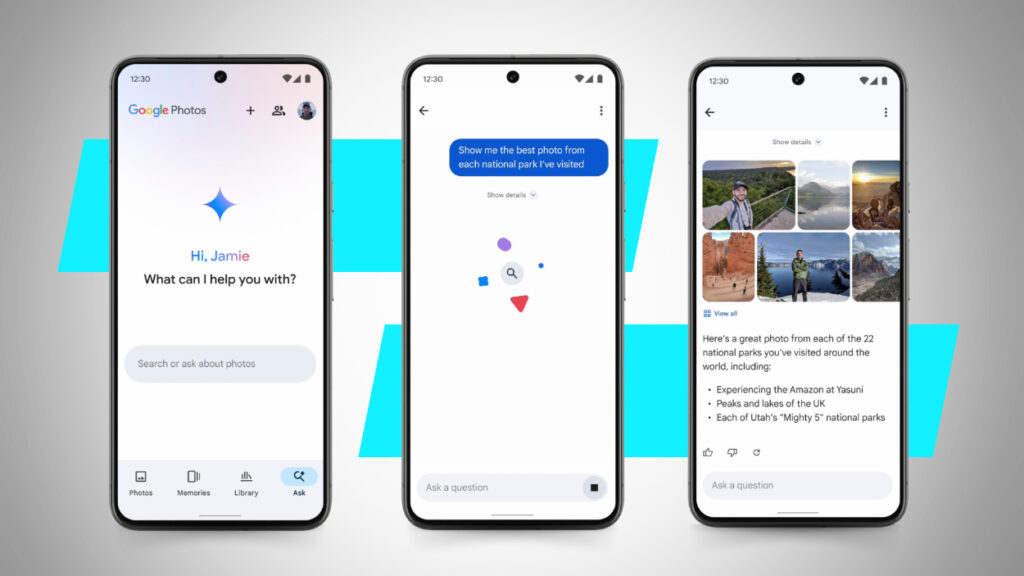
Google is also releasing its latest mainstream language model, the Gemini 1.5 Pro – to paying subscribers – into Workspace. This includes Docs, Sheets, Slides, Drive, and Gmail. This new capability is targeted at becoming “the connective tissue across multiple applications with AI-powered workflows – enabling users to retrieve information from all of the content from Drive and use it across the various Google spaces.
And then we have the benefits of an AI-supported Gmail experience. Gemini has the ability to condense lengthy email threads into concise summaries, and offers a smart reply feature, which analyses email exchanges to provide more tailored and contextualised responses. The model is also being given the capability to execute more advanced tasks too, like searching through your inbox to locate a receipt for an e-commerce return, and subsequently populating the elevant online form to facilitate the return process. This has the possibility to automate the mundane and time consuming tasks that all fashion professionals must deal with at some time or another – leaving more time for creative work.
Again, assuming that an organisation is willing to put all their eggs into Google’s basket.
Not one to not compete, Google Veo uses generative AI to create realistic, detailed 1080p videos based on your request – much like OpenAI’s Sora. Veo can capture different visual and cinematic styles, including shots of landscapes and time lapses, and make edits and adjustments to already-generated footage. The opportunities here for the fashion industry are wide, something The Interline wrote regarding Sora.
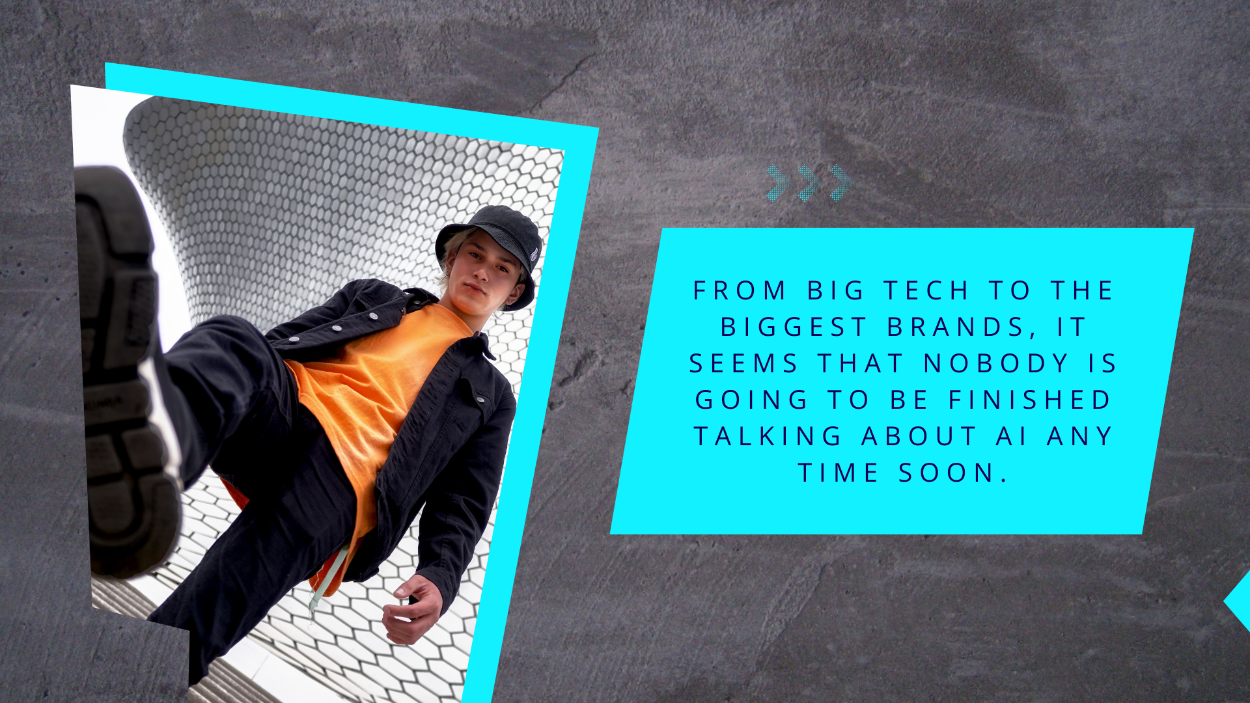
And lastly, we come to Google’s take on AI agents and chatbots. Project Astra is a forthcoming multimodal AI assistant which uses video you capture with a phone and voice recognition to deliver contextual responses to your questions. The company envisions it as a genuine AI agent capable not only of conversing with you but also of executing tasks on your behalf. As for chatbots, Google is releasing a custom chatbot creator called Gems. Similar to OpenAI’s GPTs, Gems allows users to provide instructions to Gemini to tailor its responses and specify its areas of expertise. Google also revealed its plans to integrate Gemini Nano, a lightweight version of its Gemini model, into Chrome on desktop. This built-in assistant will use on-device AI to assist users in generating text for various purposes, including social media posts and product reviews, directly within Google Chrome.
And this week was also the date for OpenAI’s own “spring update,” which boasted less in the way of new announcements and integrations, but potentially heralded another step forward in real-time communication with AI models, using the company’s new GPT-4o model and updated mobile and desktop applications. The jury is out on whether the personality given to these models in the example videos is fun or just downright grating, but there can be little doubt that a new wave of voice chatbots is now gunning for essentially the entire customer service sector.
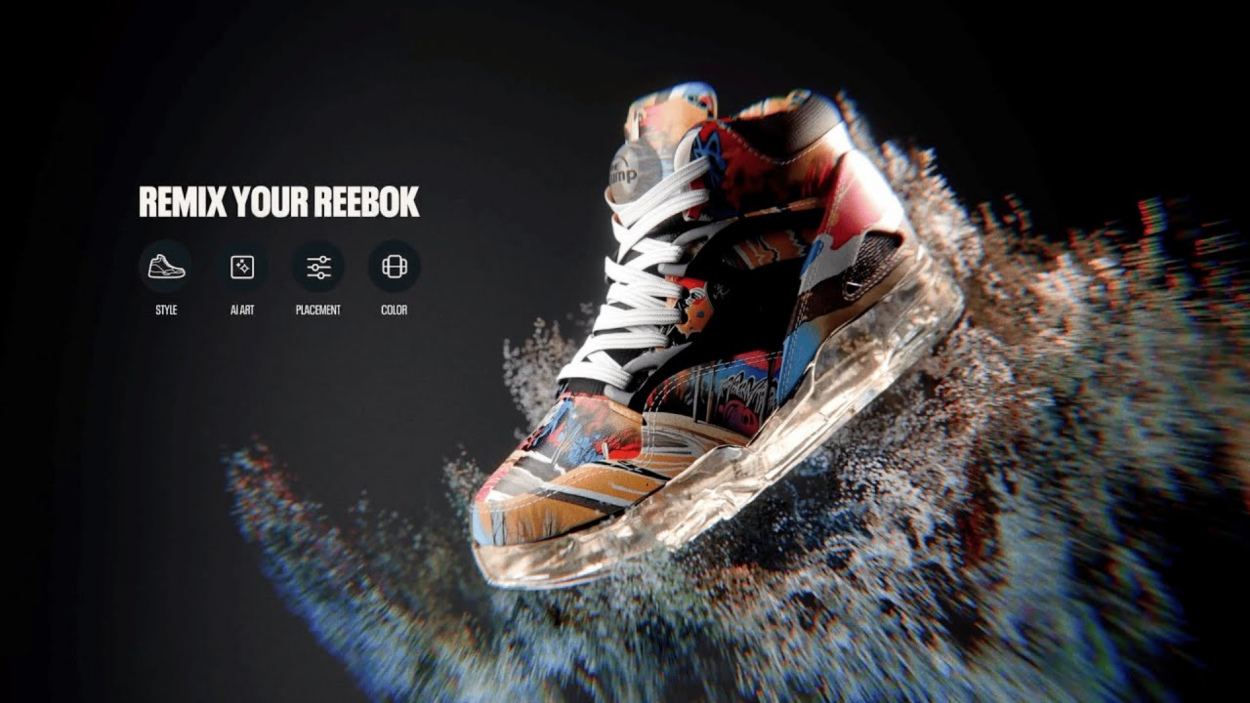
It’s not just tech giants who are investing more and going further than ever to incorporate AI into their business models. Reebok is the latest brand to embrace AI, this week launching “Reebok Impact” – a custom AI fashion experience facilitated through Instagram. Users send their photos via direct message (DM) to @reebokimpact and participate in a real-time chat with Futureverse’s AI, who then proceed to create personalised sneakers.
The final digital sneaker uses the colours and aesthetics of the user’s uploaded images, with the original image printed on the sole of the shoe. Users can choose between the Reebok Pump, Classic Leather, or Club C models. This is the first launch from Futureverse and Reebok, who announced their partnership last year with the intention of creating innovative artificial intelligence, web3, blockchain-based gaming and metaverse experiences for consumers. The experience allied for complimentary creation of up to four digital sneakers, shareable or purchasable as game-ready files compatible with Fortnite and Roblox, and slated to be interoperable with numerous forthcoming virtual experiences.
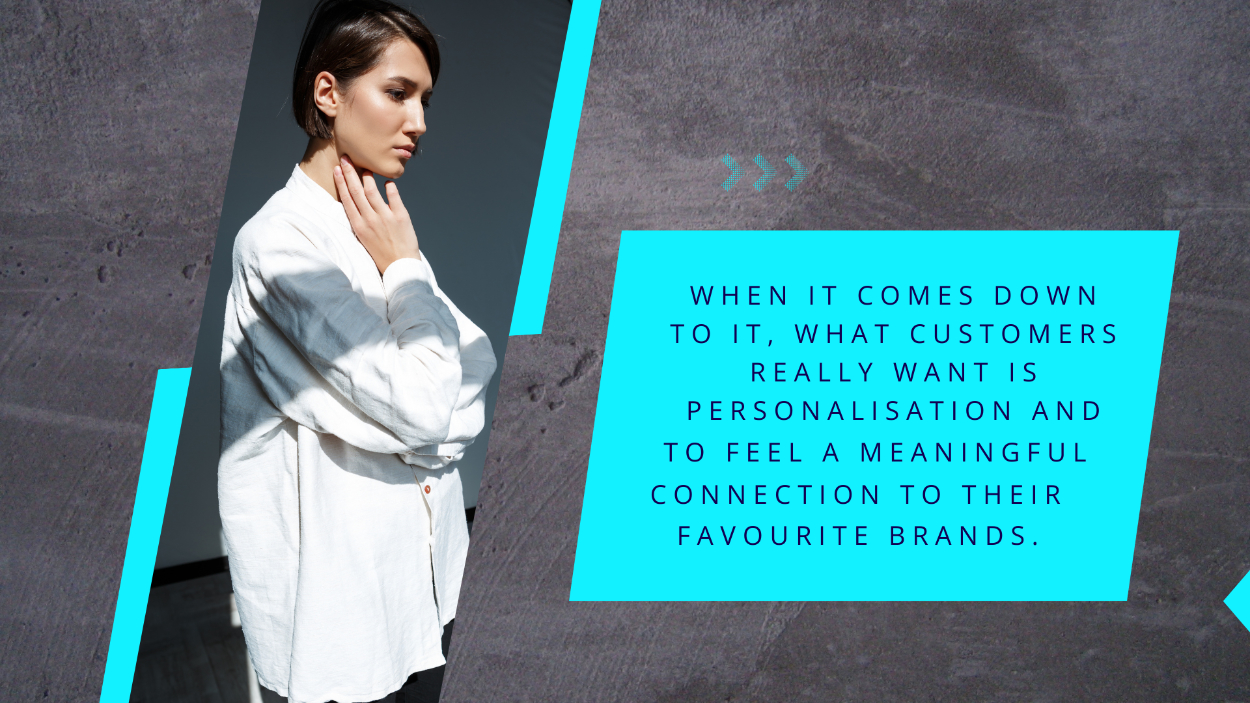
In recent months, Nike has done a similar AI-activity – working with 13 athletes on a new collection of concept sneakers, called A.I.R. The project turned generated images into physical footwear designs through hand sketching, 3D sketching and computational design, then 3D-printed the final products. Other brands to use AI in recent years include H&M, Gucci, Prada, Versace, Valentino, and Adidas.
Of course, many more are likely using AI in their internal operations to reduce costs, drive efficiency, and improve the customer experience when shopping online. But it seems that those who have had a lot of success, even in 2024’s turbulent market conditions, are placing a strong emphasis on customer creativity and personalisation – à la Nike, Reebok, and H&M. So it might be time that others follow suit, starting with British luxury brand Burberry and Italian luxury group Salvatore Ferragamo, who this week reported a 40% slide in pre-tax profits for the financial year ending on 30 March 2024, and a 16.6% fall in Q1 2024 revenue, respectively.
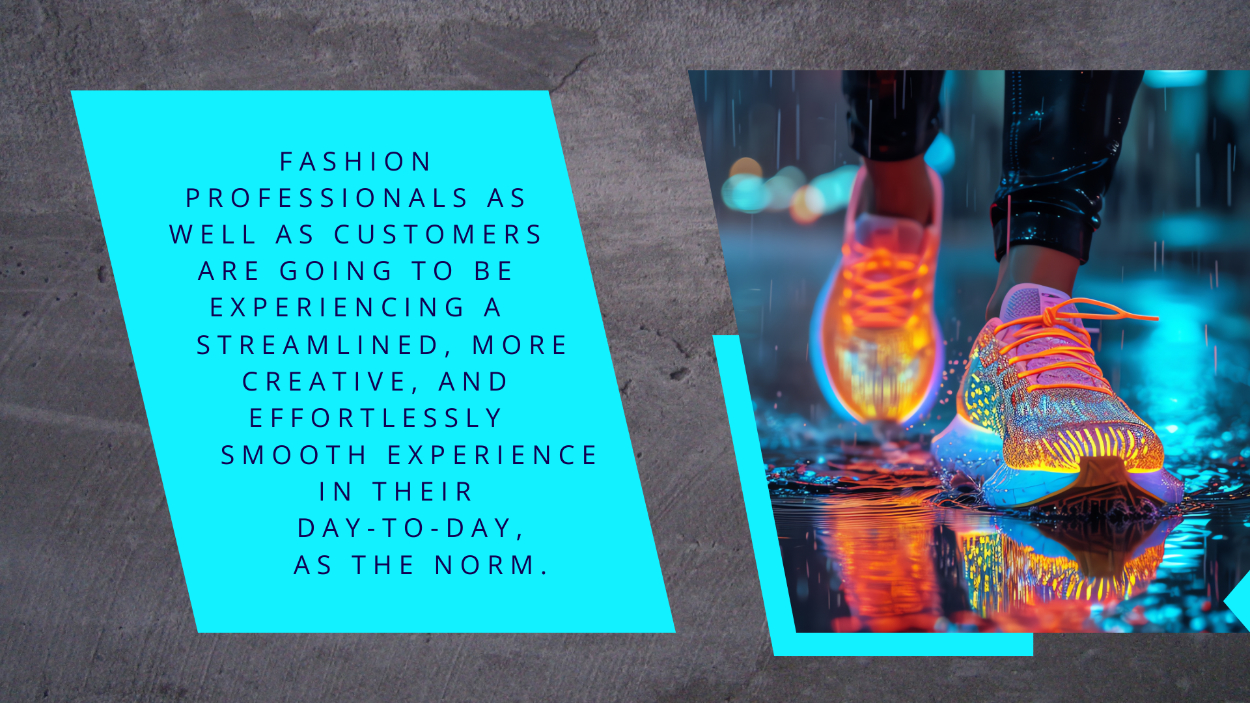
Because when it comes down to it, what customers really want is personalisation and to feel a meaningful connection to their favourite brands. Reebok, for instance, is asking its customers to transform their favourite memory into a digital sneaker. It’s about the brand – their aesthetic, their innovation- but it’s more about the customers, their life, and what is important to them. In today’s world, where people are bombarded with a million options online at any given moment, the key to engagement – as well as sales – lies in making the customers really feel understood.
And what better way to do this than to create their own products, using images that are special to them? Or a chatbot or agent that is actually helpful, and takes the sting of what makes online shopping unpleasant? For brands, this is now easier than ever thanks to the turnkey tools provided by the likes of Google and OpenAI. This, in conjunction with Google’s new AI tools, means that fashion professionals as well as customers are going to be experiencing a streamlined, more creative, and effortlessly smooth experience in their day-to-day, as the norm.
